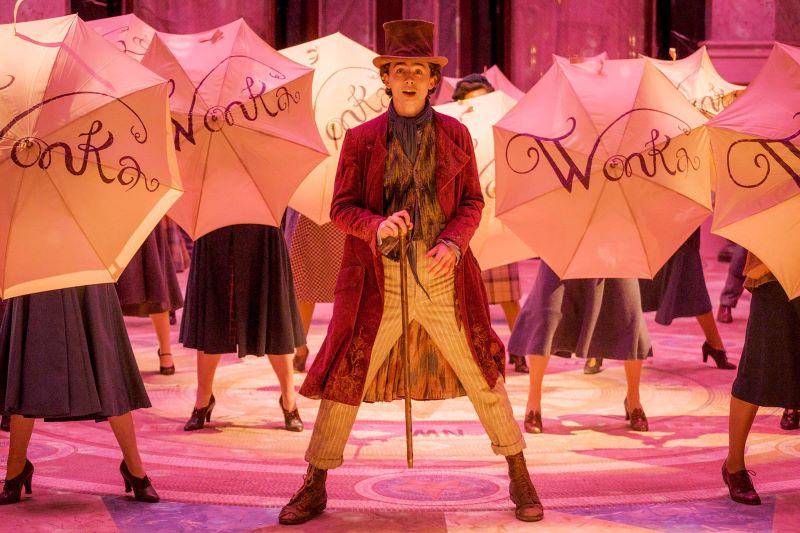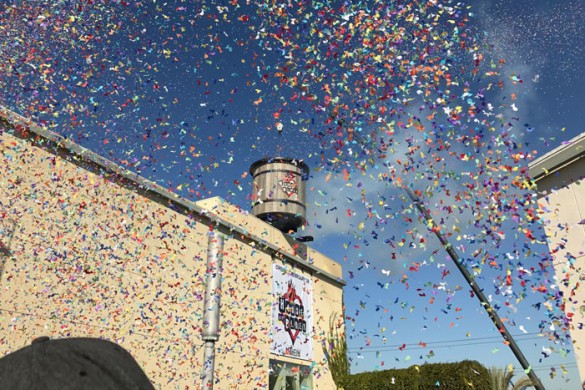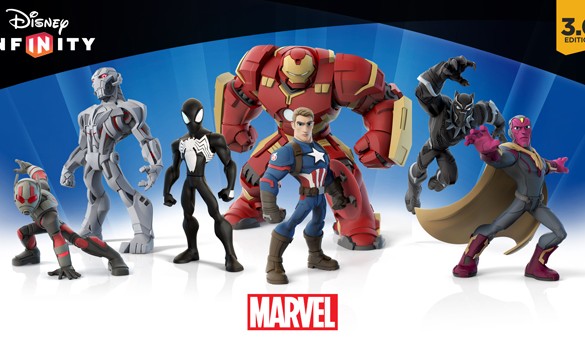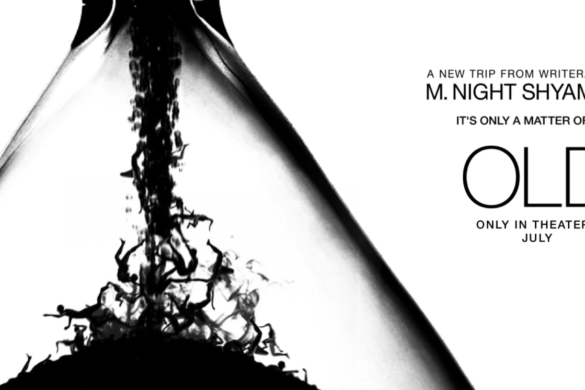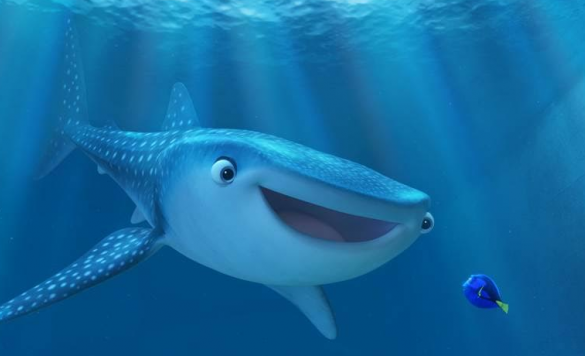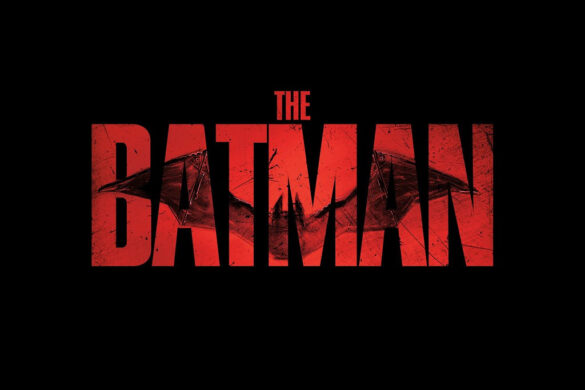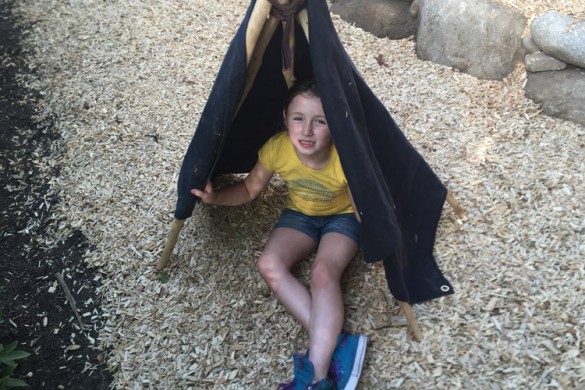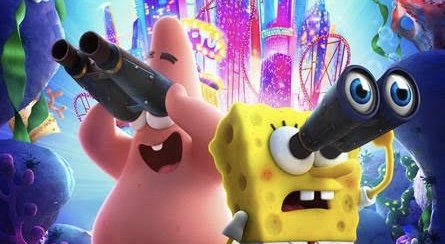Paul King’s “Wonka” attempts to chart the journey of the title chocolatier spreading kindness and generosity through chocolate. Still, its lack of identity and uninspired songs leave a bitter aftertaste.
Long before many of us were introduced to Willy Wonka as the charismatic, eccentric, reclusive, and slyly sinister candy maker who ensnared morally bankrupt children into traps that fit their respective vices only to reveal that it was all a part of an elaborate plan to bequeath his factory to a child whose dreams and kind-hearted nature aligned with his, he was a charismatic, eccentric, and optimistic dreamer with only a few pieces of currency to his name. Unlike some of his rivals, he wants to share his chocolate with everyone, no matter their social status, because to him, it’s not about the profits but more about how chocolate makes you feel.
Such lessons about generosity, kindness, and optimism aren’t outside of what we should expect from a whimsy musical like Wonka, so it seems very fitting that director Paul King, who co-writes the script with Simon Farnaby, put together something that looks and feels like a manifestation of pure imagination yet resonates with those who rage against the establishment and the corrupt. Unfortunately, the story and its tone feel interchangeable with another character known for sparking hope and inspiration to do good amidst a dark and cynical world.
Wonka follows the early days of the title character (played by Timothee Chalamet), and how the world’s greatest inventor, magician, and chocolate maker became the beloved Willy Wonka, we know today. As told through song and dance, Wonka’s journey to becoming the premiere chocolatier isn’t easy, with villains taking advantage of his naivety and destitute position. Soon, he finds himself the victim of being bound to an endless contract drafted by Scrubbit (Olivia Colman) and Bleacher (Tom Davis). Unable to pay off the debt he incurred simply for sharing the same space and other insignificant activities, Wonka is forced to pay what he owes by scrubbing and cleaning laundry with a pessimistic accountant Abacus (Jim Carter), a third-rate comedian Larry (Rich Fulcher), a tough plumber Piper (Natasha Rothwell), and a shy phone operator Lottie (Rakhee Thakrar). Fortunately, Wonka doesn’t know how to give up and is driven to pay off his newfound friends’ debt, especially the ones who belong to young Noodle (Calah Lane), an orphan who has never known the wonders of chocolate.
Still, the dreamer with a hat full of sweets and a mini factory of whimsy ingredients finds help from friends bound to legally binding servitude contracts. If that wasn’t enough, Slugworth (Paterson Joseph), Fickelgruber (Matthew Baynton), and Prodnose (Matt Lucas) run the chocolate cartel and force other chocolatiers out of business if they don’t abide by their racketeering scam. So the three bribe the Chief of Police (Keegan- Michael Key) to help them force Wonka out of town by any means necessary.
But Wonka’s optimism and dream to build a chocolate shop for all is unwavering. Using the magical products he has collected throughout his travels, he uses his inventiveness to skulk out of the inn and provide enough samples to build his shop at the heart of the market where the chocolate cartel does their business. The group of dreamers who run their business while evading the police discover the cartels have also paid off Father Julius (Rowan Atkinson) to hide their wealth of chocolate. But the chocolate cartels are on to Wonka’s game and soon hatch a scheme to permanently shut down Wonka’s business.
At first, “Wonka” is this sweet, chocolatey cinematic confectionery that sweeps you away with emotions and whimsical musical numbers. If the song and dance of it all doesn’t melt your heart, then Calah Lane’s performance as Noodle will. She grounds the entire film with the character’s skepticism and journey. She’s not a nihilist, but her hopes are fading. Of course, that all changes when Wonka enters her into her life. As such, she is our guide to understanding who Wonka is and, ultimately, believing that it’s not the ingredients or what the chocolate does to you after you consume it that’s magical but how it brings a community together to experience the joys of life and forget all your troubles just for a moment. Her journey is by far the most compelling, even more so than the title character, whose charisma and whimsical speak tend to get tiresome sometimes. She brings out the best in Chalamet’s Wonka and teaches him a few lessons about life and literacy.
While Wonka’s message that kindness and generosity go a long way will surely resonate, the film borrows heavily from the Pandington formula and dresses it with Wonka gold wrapping. So, “Wonka” has a bit of an identity issue. It needs to learn to distinguish itself from what makes Paddington great while being its own thing and going against the 1964 Roald Dahl book. King tries to justify Wonka’s kindness and optimism with a rags-to-riches story, which would typically work if we didn’t already associate the character with having a twisted and sinister nature. It doesn’t make “Wonka” entirely bitter or sour, but it goes against the character we all know. This Wonka is more sanitized than the one we are accustomed to seeing. Gene Wilder’s take on the character had a complicated way of expressing his emotions and discovering one’s true nature.
Chalamet is fine as Willy Wonka. He captures that charisma and enthusiasm effortlessly. It’s no wonder people are attracted to his magnetic personality. In contrast, others will do anything to crush his hopes and dreams of spreading kindness through chocolate. The trouble is, I couldn’t help but see Paddington in a quirky Wonka attire. Wonka isn’t concealing his true agenda or kindness. And that’s okay; the world as we know it could use a reminder of the power of kindness and generosity. However, King fails to leave any room for the character to become the charming and somewhat melancholic chocolatier with a sinister grand masterplan.
Since “Wonka” is a musical, its job is to be able to lyrically push the story forward organically while being a track that you can play on repeat after you exit the theater. Outside a new rendition of “Pure Imagination,” songs like “For A Moment” hit in the emotional gut provided specific cues. Unfortunately, the rest lack sentimentality. “A World of Our Own” and “You’ve Never Had Chocolate Like This” look grand thanks in no small part to Chung-hoon Chung’s cinematography, but the songs themselves are unoriginal. “Scrub Scrub,” and “Sweettooth” feel uninspired and instantly forgettable.
After the wrapping is taken off and the chocolate is chewed, “Wonka” is a relatively safe and generic origins story that lacks depth that befits a complicated and enigmatic character like Willy Wonka. The one ingredient that leaves a lasting impact is Calah Lane who gives the film the right amount of flavor with her emotionally nuanced journey. If anything, the film should have been built around her character rather than the other way around.
7/10

